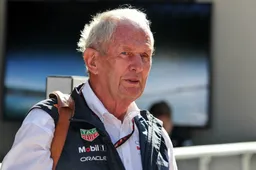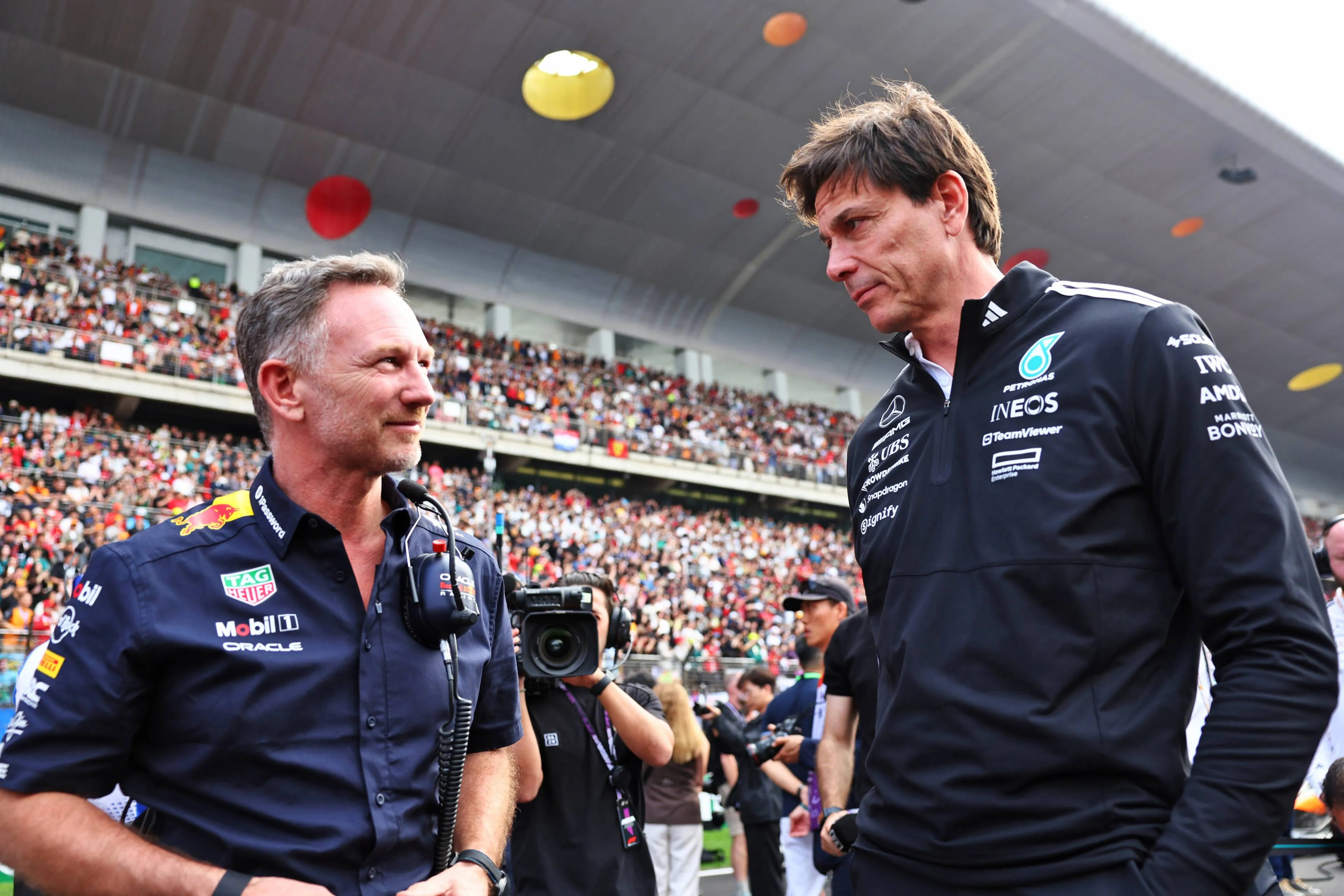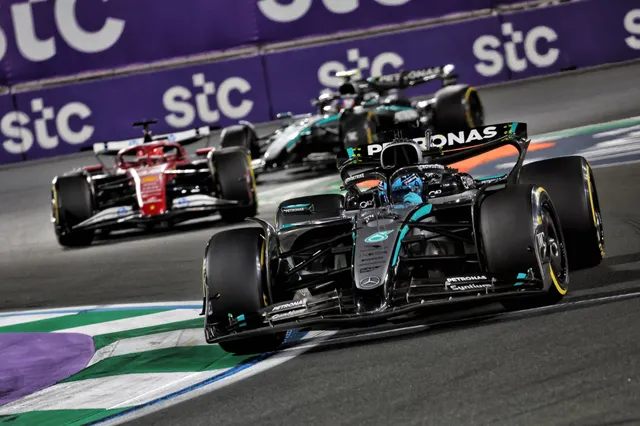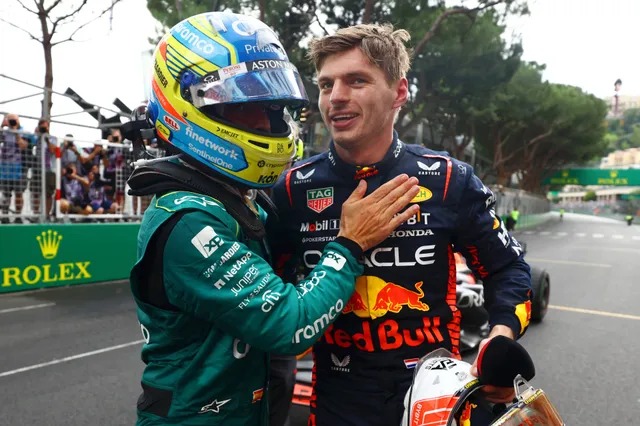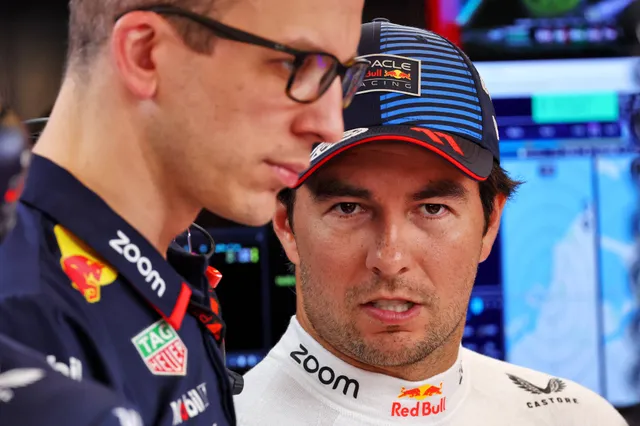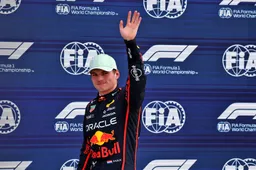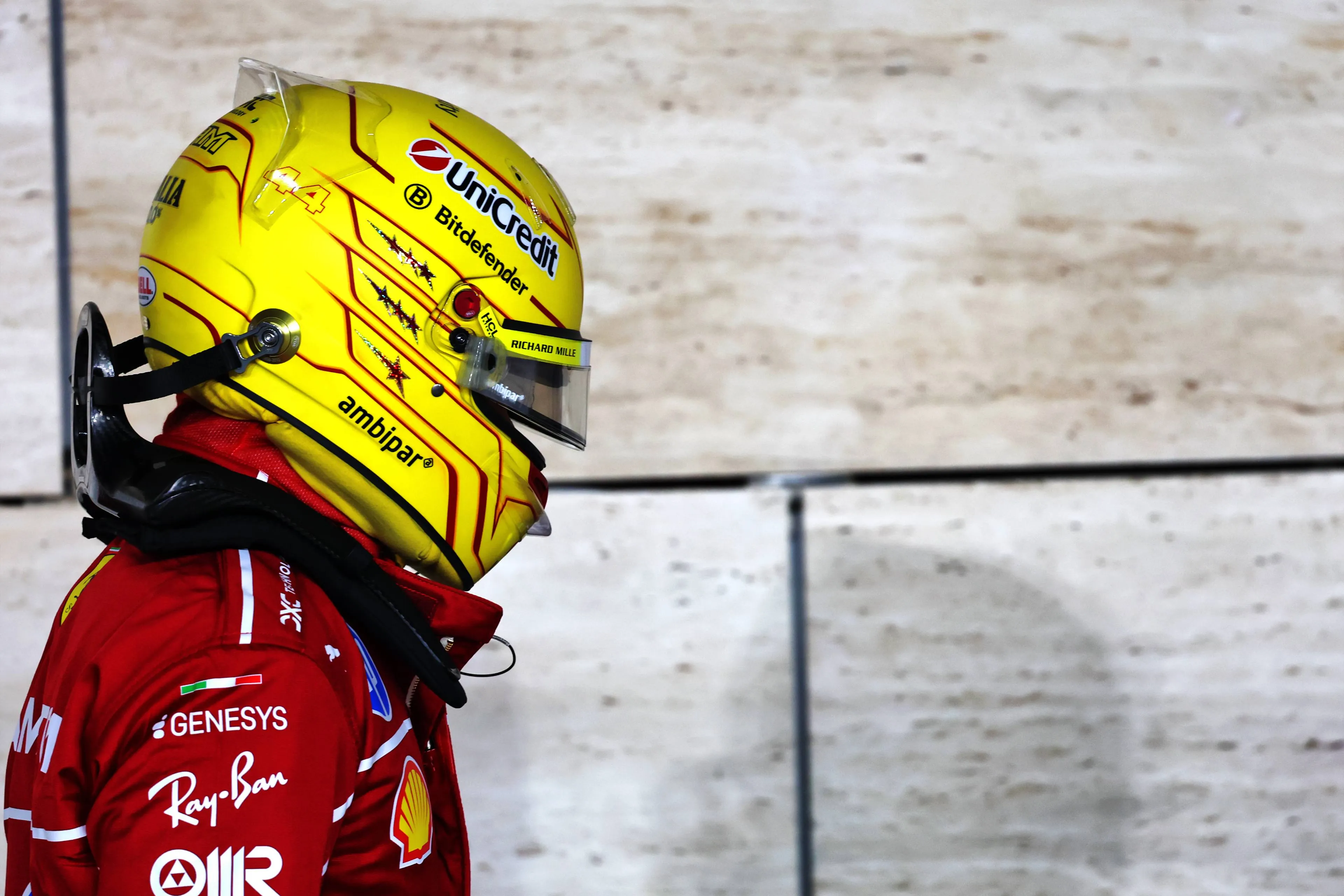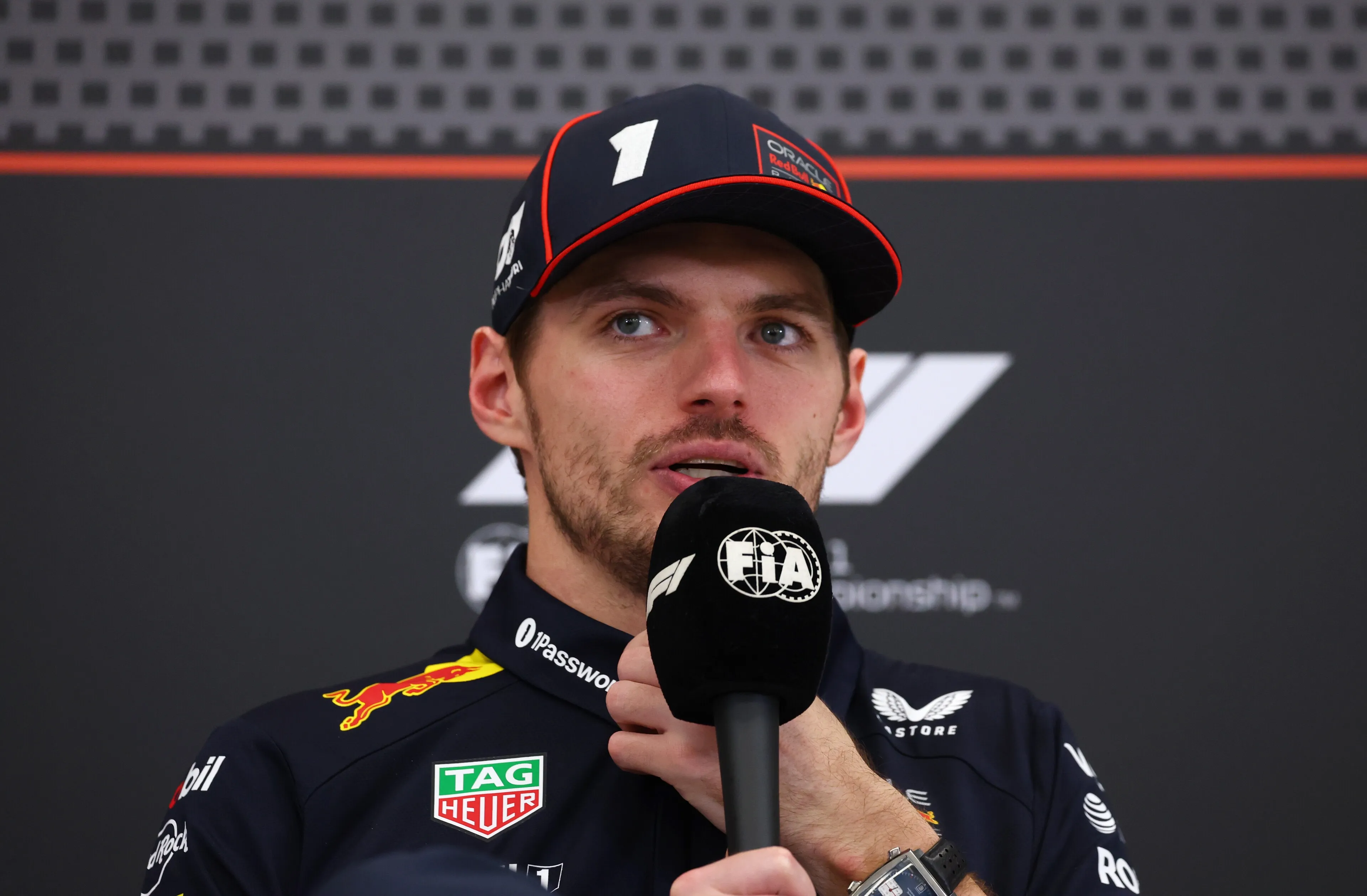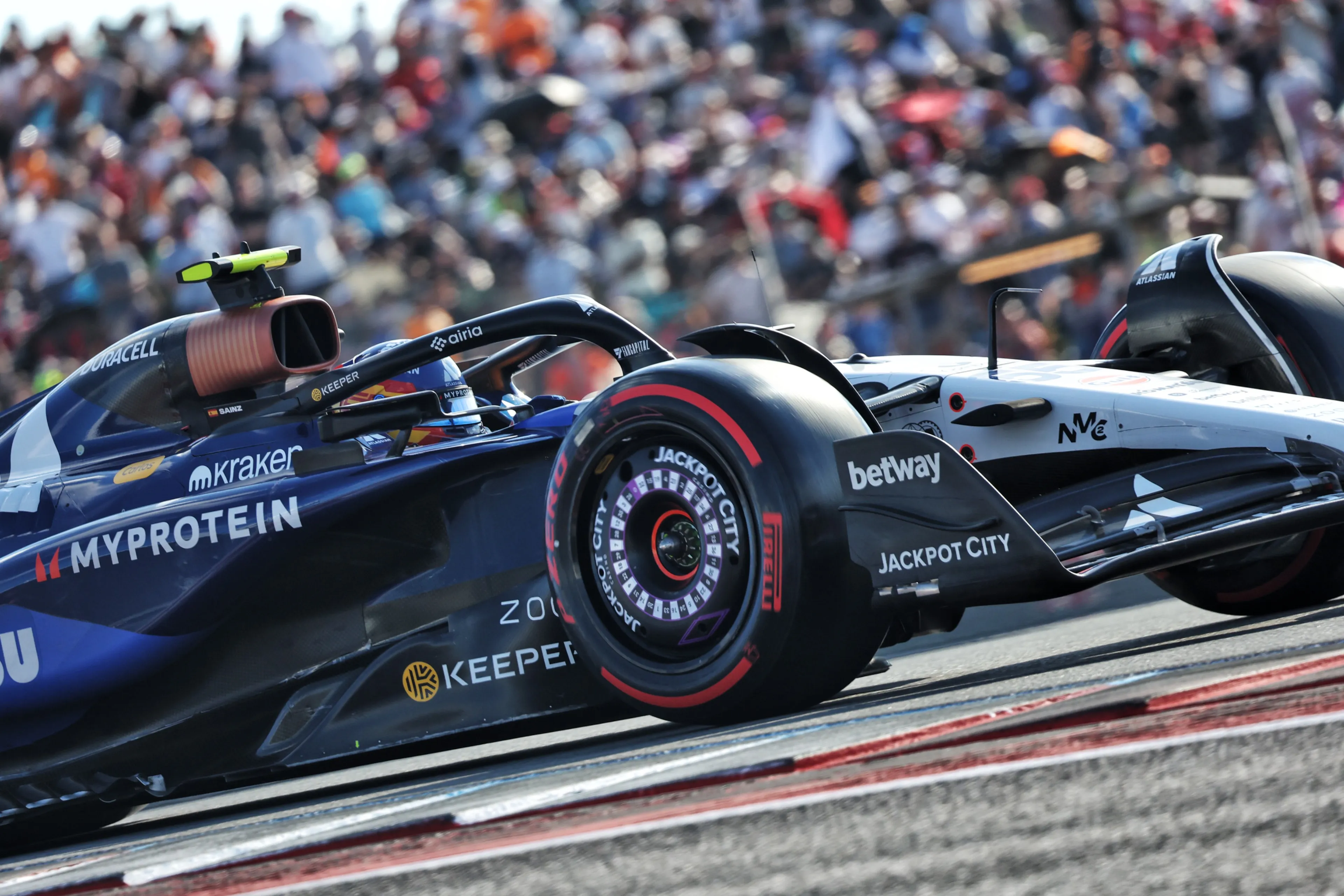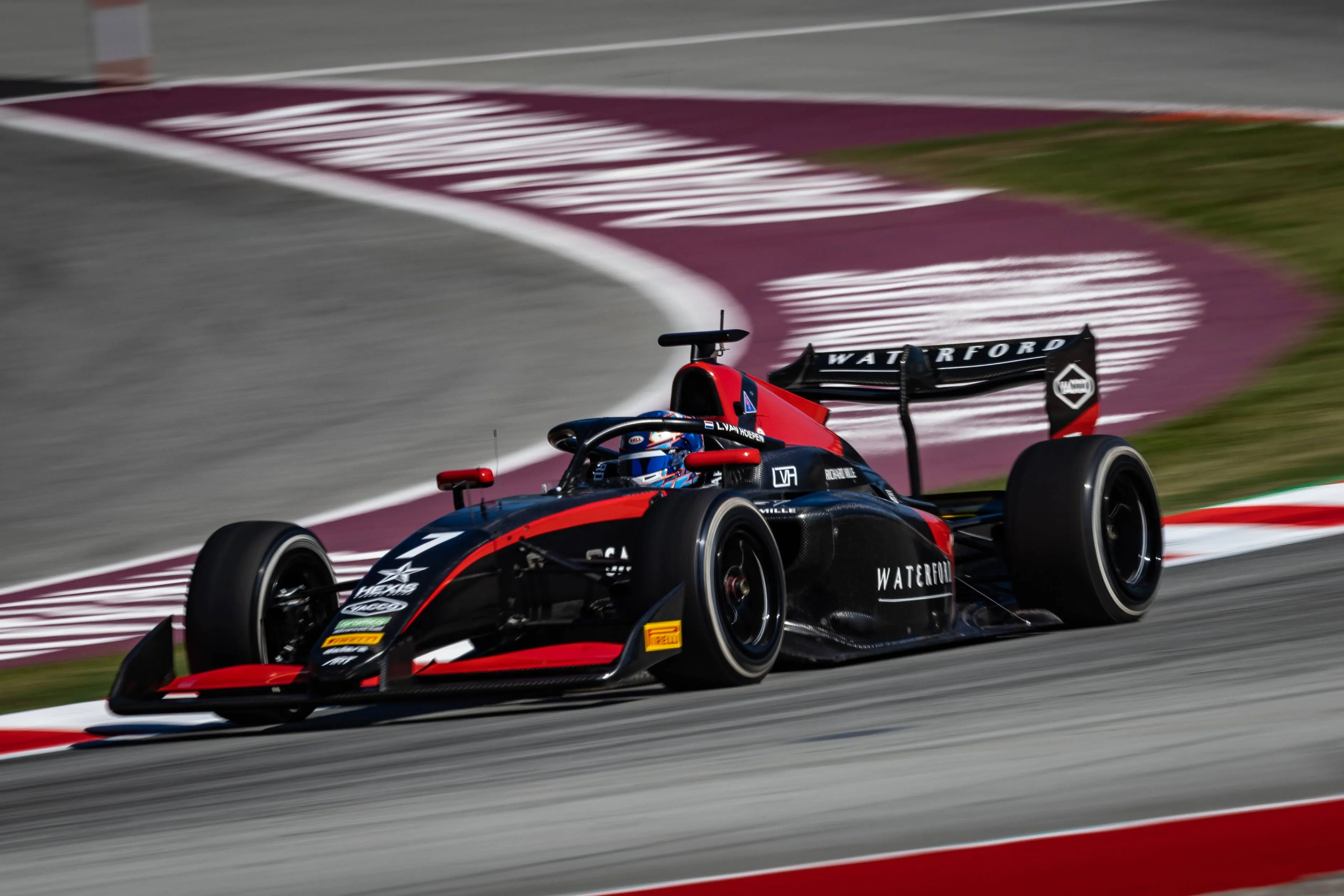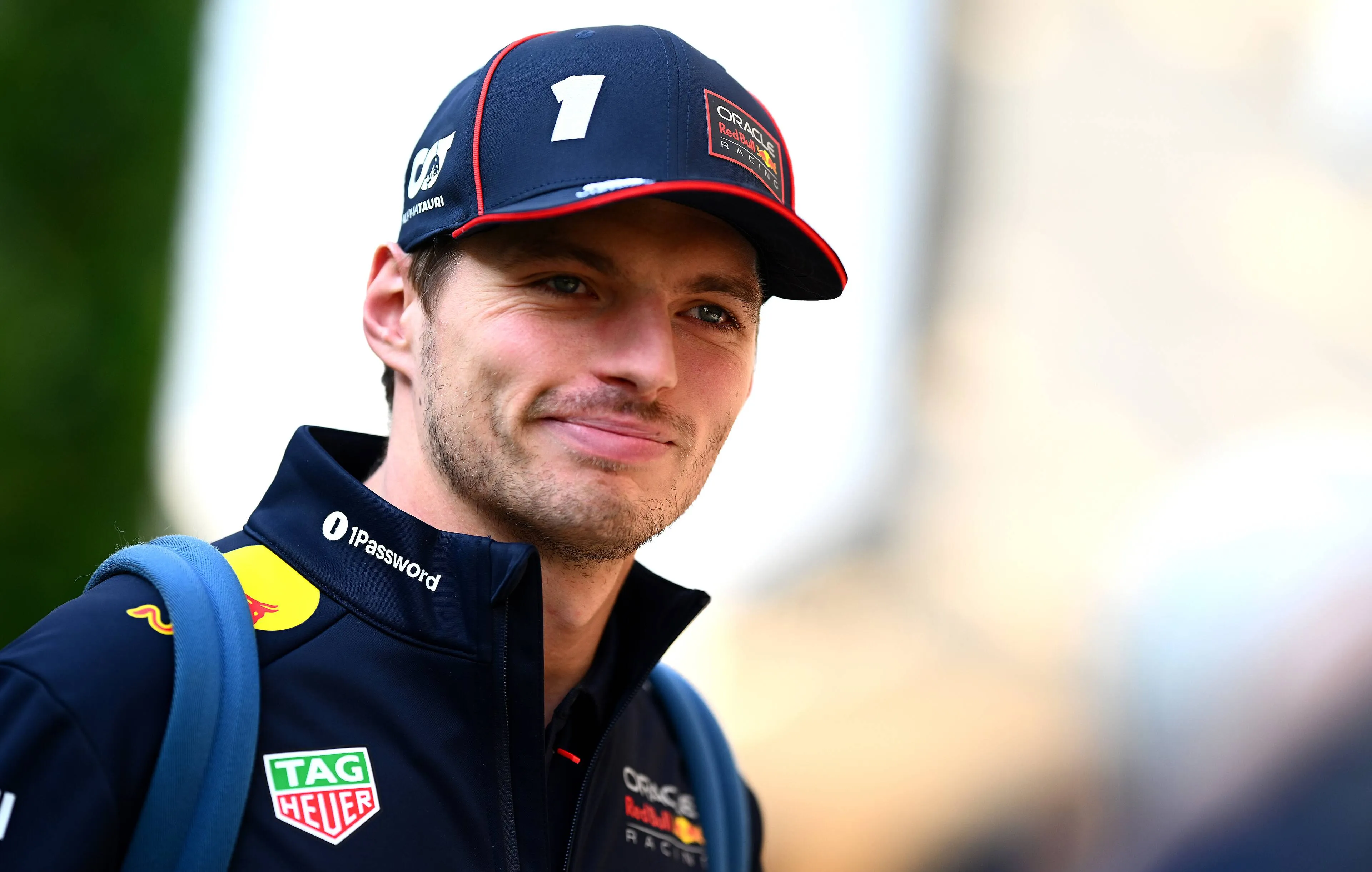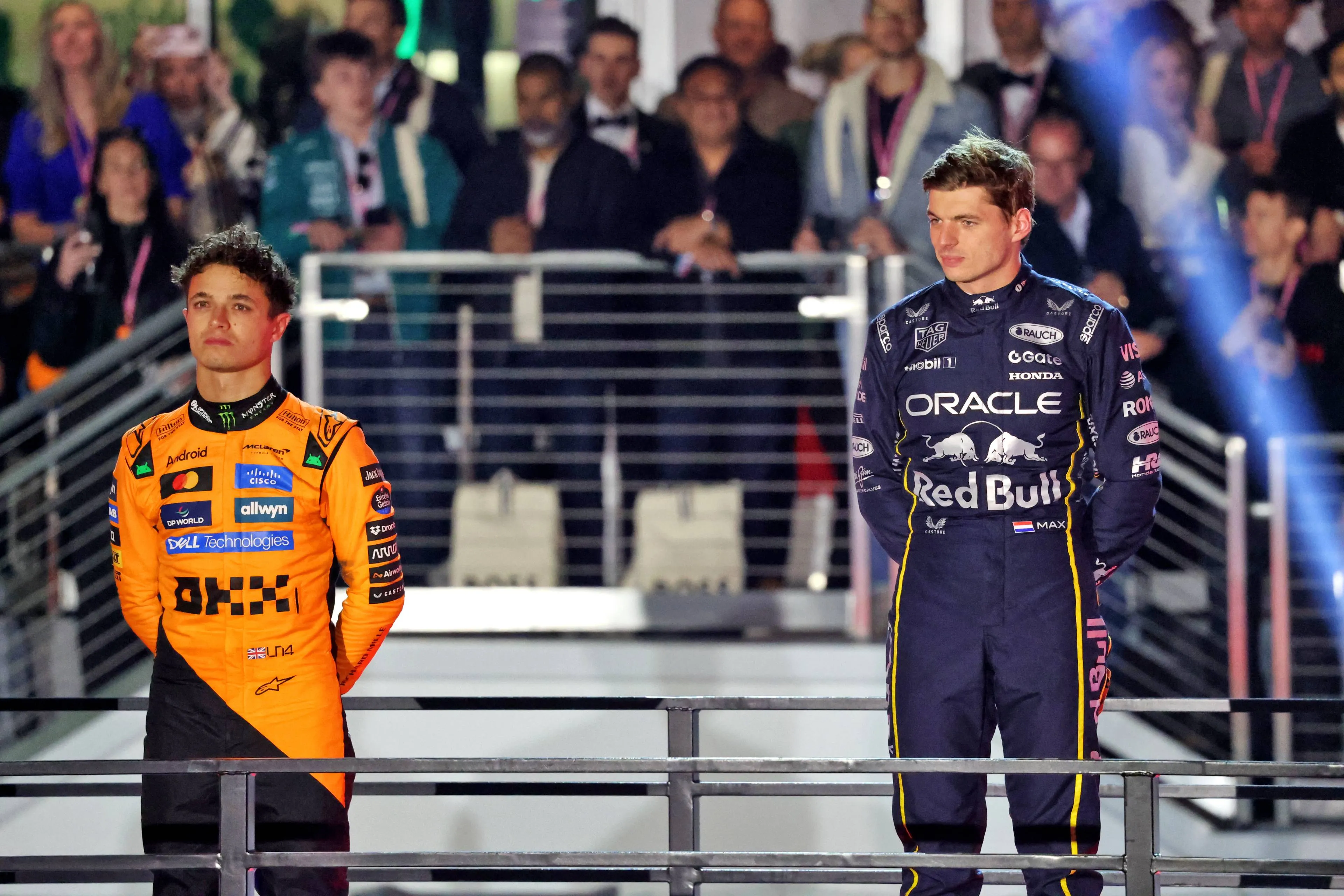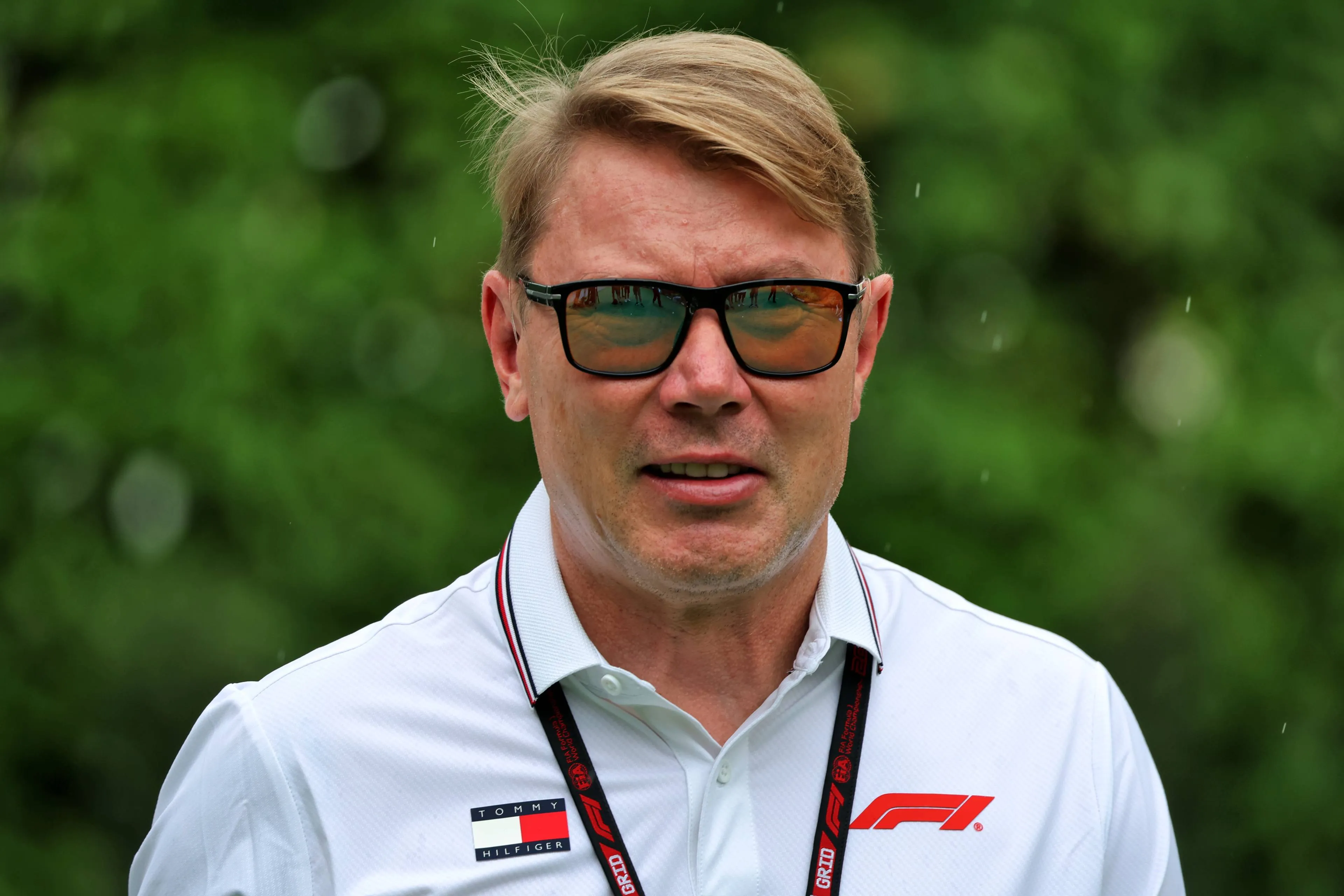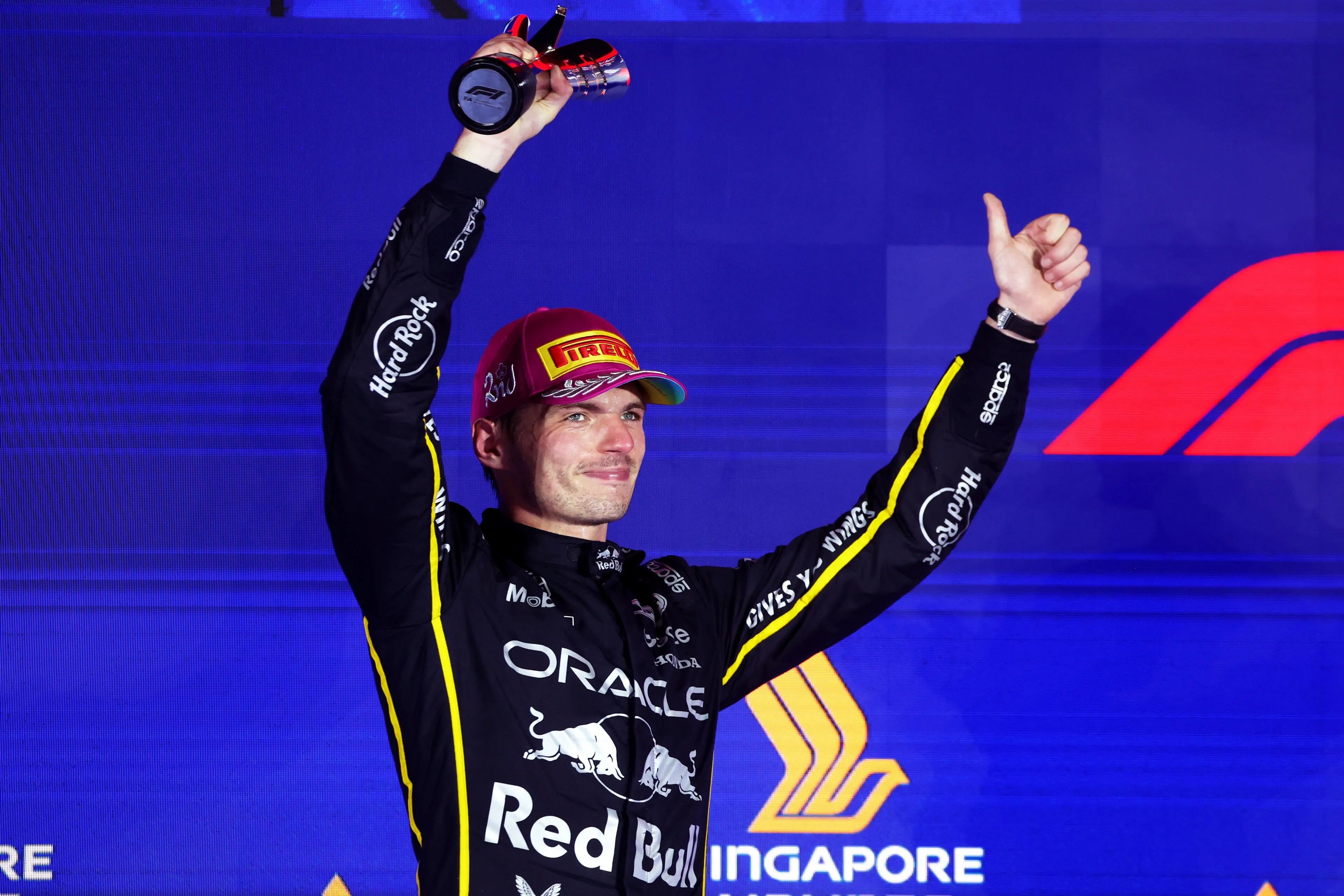Horner and Wolff on the same page about F1's future after power unit manufacturers meeting
Last month, a meeting between the FIA, FOM and power unit suppliers took place about the engine regulation change for the 2026 season. Team principals Christian Horner and Toto Wolff reacted to the outcome in Miami.
At the team representatives' press conference, where GPblog was present, the team bosses of Mercedes and Red Bull Racing, who will develop their engines in house (the Austrians will do so in collaboration with Ford), were asked about the discussion that took place on 24 April.
Horner and Wolff 'want what's best for the sport'
“The regulations are fixed for next year, and that’s what everybody has designed and developed their engines to,” began Horner.
The team principal of Max Verstappen continued: “The biggest concern is one that is not new – it’s one that’s been flagged from two years ago by all the PUMs is the amount of harvesting there is and inevitably the chassis designers will inevitably outperform the criteria of the regulations, and a consequence of that will be the amount of lift-and-coast that there will be in a Grand Prix. You also have to remember that under the 2026 regs, the car is effectively constantly in DRS mode. As soon as you enter the straight, the wing opens. So, there’ll be no passing mechanism. The FIA have raised this topic that was looked at a little while ago again by the PUMs."
"If it’s genuinely in the interest of the sport and racing, not to have all this lifting and coasting, then I think it’s something that warrants looking at. It doesn’t change the spec or output of the engine. It’s just the amount of battery deployment maybe at certain Grands Prix,” concluded Horner.
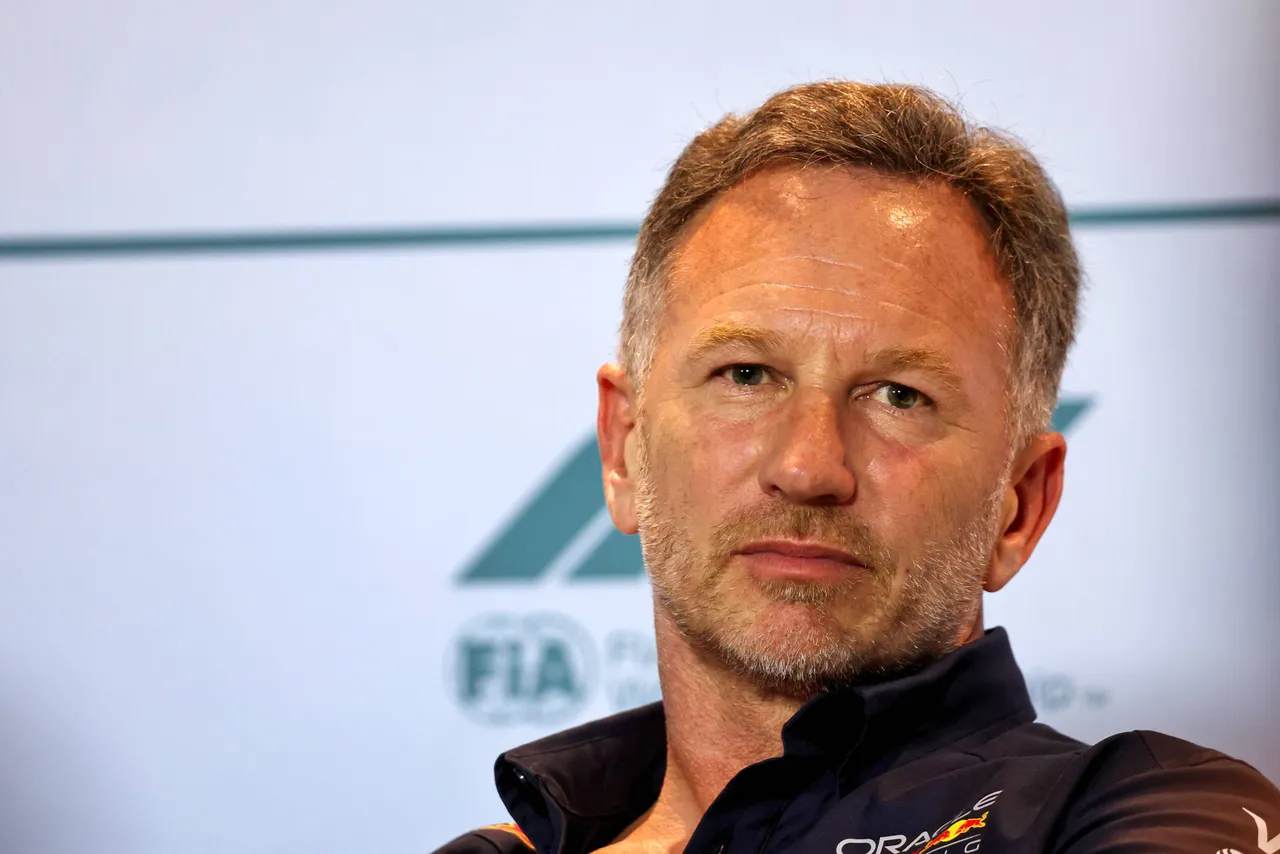
Toto Wolff was also on the same page. “Obviously, the closer you come to new regulations, the more people act – all of us – in the interest of the team, that’s their duty. Where we’re coming from is we don’t know how it’s going to pan out next year. Are we going to see energy harvesting disasters in Baku or Monza? I don’t know. We hope not. What we’ve signalled is that, rather than act now based on assumptions – like we’ve been great at in previous years and then overshot or undershot – as Christian said, you don’t need to throw the hardware away and come up with something new – it’s within the software and bandwidth of what you can do.”
The Austrian then talked about his team's chances, and whether it would be possible for them to have another dominant period in F1.
“As a power unit manufacturer, we want this to be a great show. We want to win, but we are also aware that in the sport there needs to be variability and unpredictability. We enjoyed the years from 2014 onwards, but over a prolonged period of time, that’s certainly not the best for the sport. I try to be very balanced between what is good for Mercedes, which I need to do, and what is the right solution going forward. We need to avoid these swings."
He concluded: "The FIA proposed this engine; nobody liked it. The 50% electric back in the day was where road cars were going to and it was a reason to attract manufacturers like Audi and Porsche. So, we did that. It’s difficult to change the goalposts, especially for the new ones. Honda recommitted, and Audi committed, and including us, they are not keen on changing those goalposts at this stage. But we need to be open-minded if necessary.”
This article was written in collaboration with Kevin Doldersum
Read also
Popular on GPBlog
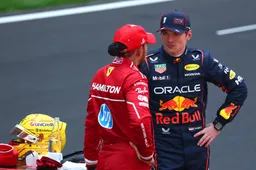
Hamilton snubbed as F1 team bosses’ 2025 top-ten drivers list disclosed
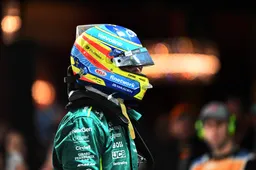
Briatore claims Alonso 'should have won six or eight' F1 championships
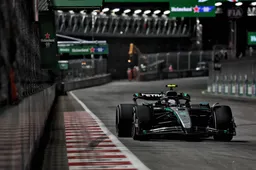
Historic Ferrari voice details Mercedes's compliance with 2026 engine rules
